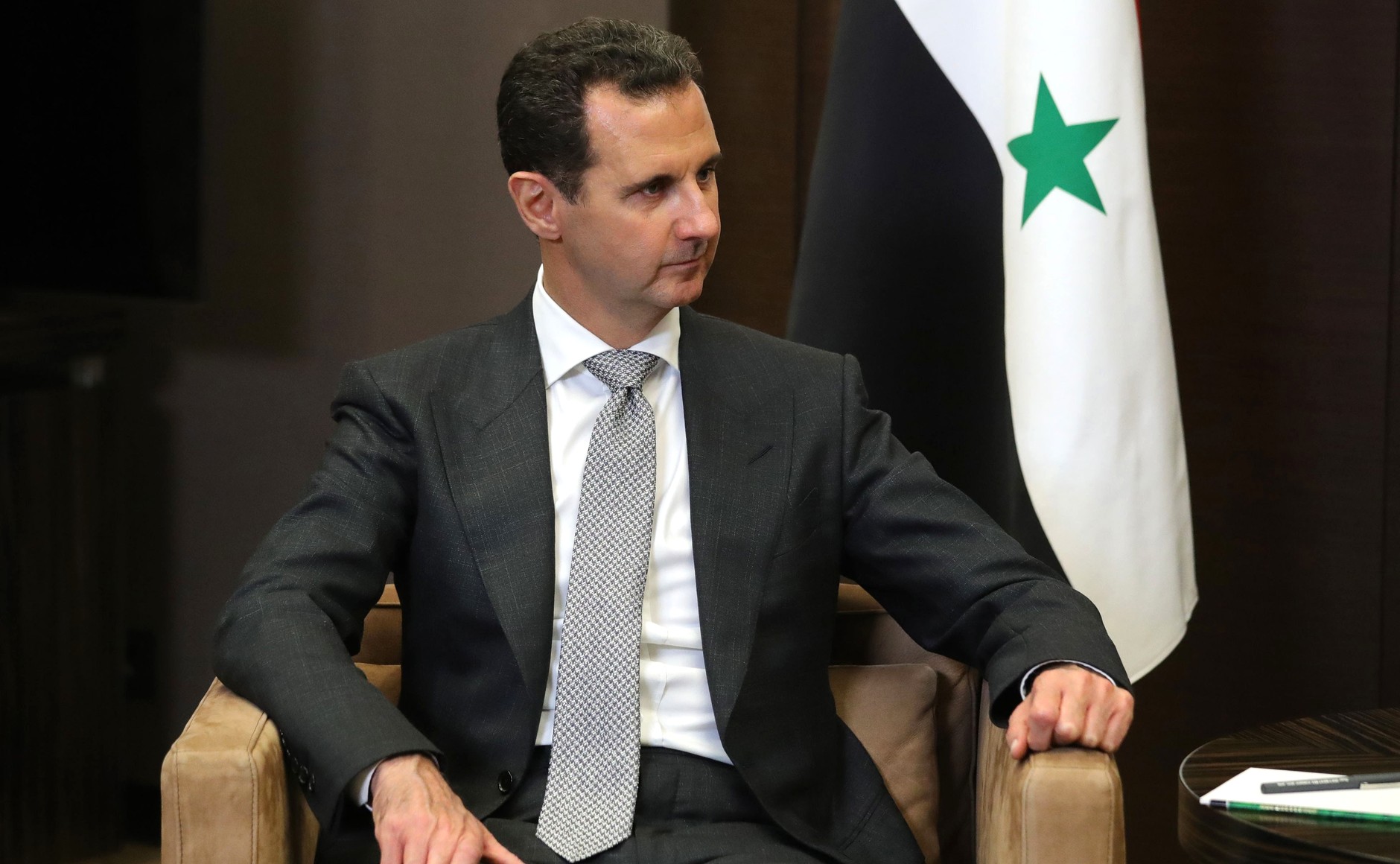Doha has maintained its unwavering stance in refusing to normalise with the Syrian regime.
Qatar is among five regional countries pushing back Saudi Arabia’s reported efforts to reinstate the Syrian regime back into the Arab League, the Wall Street Journal (WSJ) reported on Wednesday.
Citing Arab officials, the WSJ reported that the countries that were standing against Syria’s return include Qatar, Kuwait, Morocco, Yemen, and Egypt—despite its latest warming of ties with the regime of Bashar al-Assad.
The report comes amid growing speculations over Syria’s return to the 22-member bloc after its membership was frozen in 2011 in response to Assad’s brutal crackdown on pro-democracy protests.
Saudi Arabia, which is hosting an Arab League summit on 19 May, has appeared to lead efforts in attempting to reinstate the regime, representing a major shift from Riyadh’s stance in the wake of the war in Syria.
On Wednesday, Syria’s Foreign Minister Faisal Mekdad arrived in Saudi Arabia on the first such visit in more than a decade.
The Arab officials told WSJ that the countries standing against Syria’s return “doubled down” their demands, which include that Damascus allows Arab troops to protect returning refugees.
The reported demands also entail cracking down on drug smuggling in addition to asking Iran to halt its growing influence in the crisis-hit nation.
The officials added that if Syria meets the demands, it could enable the countries to lobby the United States and European powers to lift sanctions on Assad.
Foreign ministers from the Gulf Cooperation Council plus Jordan, Iraq and Egypt are scheduled to meet in Jeddah on Friday to discuss their stance on the return of the Assad regime to the Arab League.
Speaking at a weekly press briefing on Tuesday, Majed Al Ansari, Qatar’s foreign ministry spokesperson, said that Qatar maintains its unwavering stance against the Assad regime.
Al Ansari said that “the reasons for freezing Syria’s membership in the Arab League still exist”, as quoted by pan-Arab daily Al Araby Al Jadeed.
“The position on Syria is mainly linked to achieving Arab consensus, and field change on the ground that achieves the aspirations of the Syrian people,” the Qatari diplomat said.
Qatar closed its embassy in Syria in 2011 and was the first to establish an embassy for the Syrian opposition in its capital Doha.
Last week, sources told Reuters that Saudi Arabia is planning to invite Assad to next month’s regional summit and pointed to a reported trip by Riyadh’s Foreign Minister Prince Faisal bin Farhan to Damascus “in coming weeks”.
Algeria had made similar efforts last year to reinstate Syria’s membership in the regional bloc ahead of the previous Arab League meeting.
However, there was a major pushback by Qatar, Saudi Arabia, Egypt, and Kuwait.
The upcoming summit is taking place following a wave of normalisation with Assad that emerged last year, with the United Arab Emirates and Jordan taking the first steps towards reconciliation.
Earlier this month, Mekdad travelled to Egypt in the first such high-level visit by a Syrian diplomat to Cairo.
An Egyptian security source told Reuters the Syrian FM’s visit dealt with plans for Syria’s return to the Arab League with Egyptian and Saudi mediation.
Meanwhile, Syria and Tunisia announced plans to reopen an embassy and appoint an ambassador “soon” in Tunis for the first time since 2012.
“In response to the initiative of the President of the Tunisian Republic…the Syrian government…decided to reopen the Syrian embassy in Tunisia, and to appoint an ambassador soon,” Syria’s official news agency (SANA) reported on Wednesday.
Since the revolution, the Assad regime has continued to commit massacres against the people of Syria with increasingly more reports exposing the use of chemical weapons against civilians.
The Syrian Network for Human Rights (SNHR) said in January 2022 that at least 1,271 civilians, including 229 children, and 104 victims of torture were killed in Syria in 2021 alone.
The Assad regime caused a refugee crisis, with millions of Syrians unable to return back to the country in fear of torture, forced disappearance or detainment.







